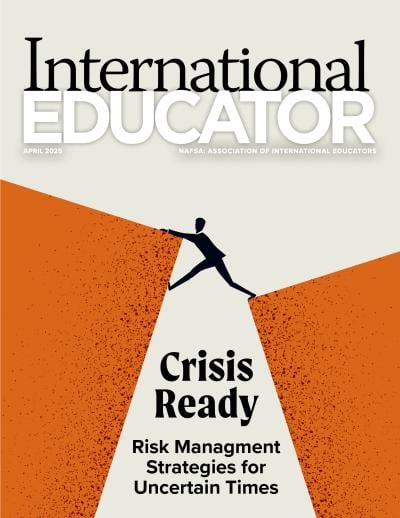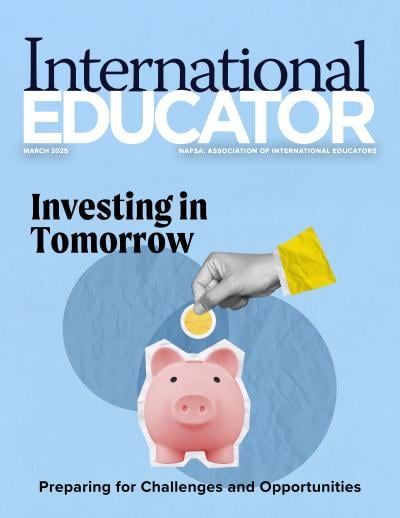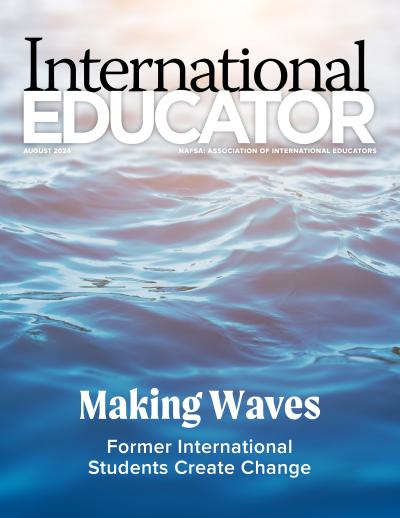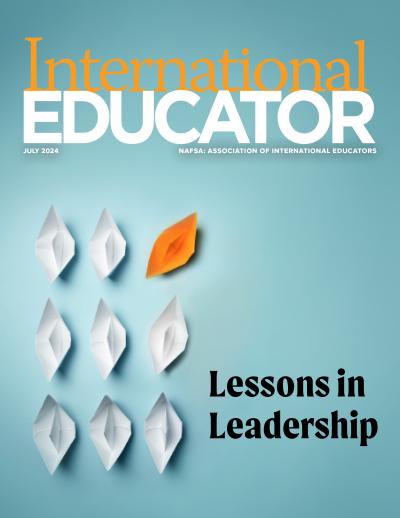U.S.–Japanese University Partnerships on the Rise
For Syed “Ed” Matin, a year spent studying abroad in Tokyo was both personally and intellectually enriching. Matin’s experience as an exchange student at Waseda University broadened his understanding of U.S.-Japanese relations, as well as Japan’s history, politics, and economy. He pursued an independent research project on democratic consolidation in Japan.
“I underwent a transformation from a student to a scholar,” says Matin, a student at Johns Hopkins University. “Sometimes, strict course schedules and assessments can confine students from pursuing their interests. Students remain students, and never become scholars. Being a scholar means that you take personal responsibility for your own learning, and passionately pursue a topic outside of what the syllabus requires.”
Matin has studied abroad through the Global Leadership Fellows Program (GLFP), a partnership between Waseda University and six U.S. universities—including Johns Hopkins, Columbia, and Georgetown. The program strives to “identify students of promise in multiple fields of study and promote their development as leaders in a world of ever-changing demands and opportunities,” according to Waseda’s GLFP website. Started about five years ago, the program features Zemi classes—a unique, Japanese approach to education in which students are part of a small cohort studying together under one professor.
“That means there’s a lot of debate and exchange of ideas,” says Matin, who enrolled in the Zemi class on Japanese international relations. “Zemi classes rely on a close relationship between the professor and the students. In my Zemi class, we would regularly have dinner with our professor as a class, and











